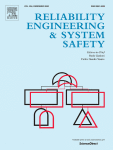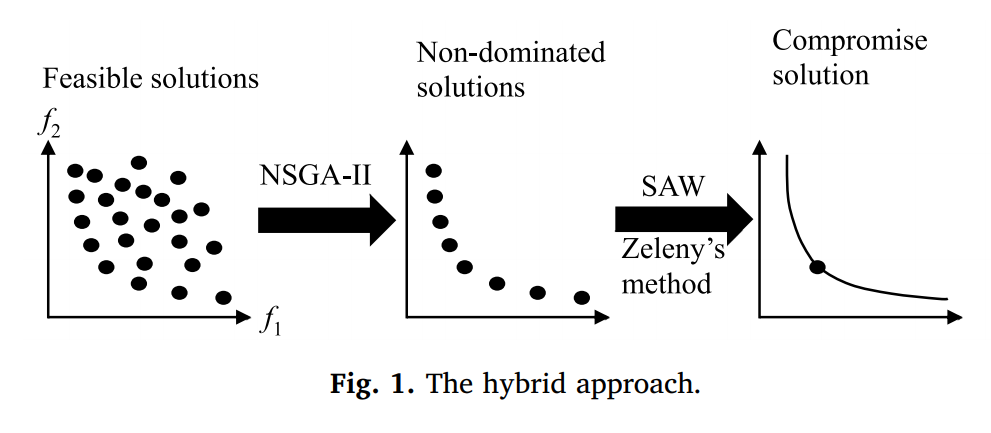Featured Scientist

Cheng-Ta Yeh
Cheng-Ta Yeh
Department of Information Management,
Fu Jen Catholic University, New Taipei City, Taiwan
Article published in
"Reliability Engineering & System Safety"Volume 204, December 2020, 107191
A hybrid approach to solve a bi-objective optimization problem of a capacitated-flow network with a time factor
The problem of system reliability evaluation for a capacitated-flow network has been extended by involving the characteristics of the quickest path problem. System reliability is thus defined as the probability that d units of demand can be successfully delivered from a source node to a sink node within time t. System reliability optimization considering the time factor is important for demand transmission, especially for communication systems. However, this factor has not been taken into account in previous research. To this end, in this study, the time factor is employed to adopt a component assignment strategy to maximize the system reliability and minimize the assignment cost. Because the considered problem is bi-objective, a hybrid approach integrating the non-dominated sorting genetic algorithm II, a concept of minimal path, information entropy, and simple additive weighting is developed to determine a set of non-dominated solutions and to subsequently determine the compromise solution from an objective viewpoint. Numerical examples are utilized to demonstrate the computational efficiency of the proposed method.[Full article]

Keywords: Capacitated-flow networkQuickest path problemTime factorSystem reliabilityComponent assignmentNon-dominated sorting genetic algorithm IIMinimal pathInformation entropySimple additive weighting
38 views